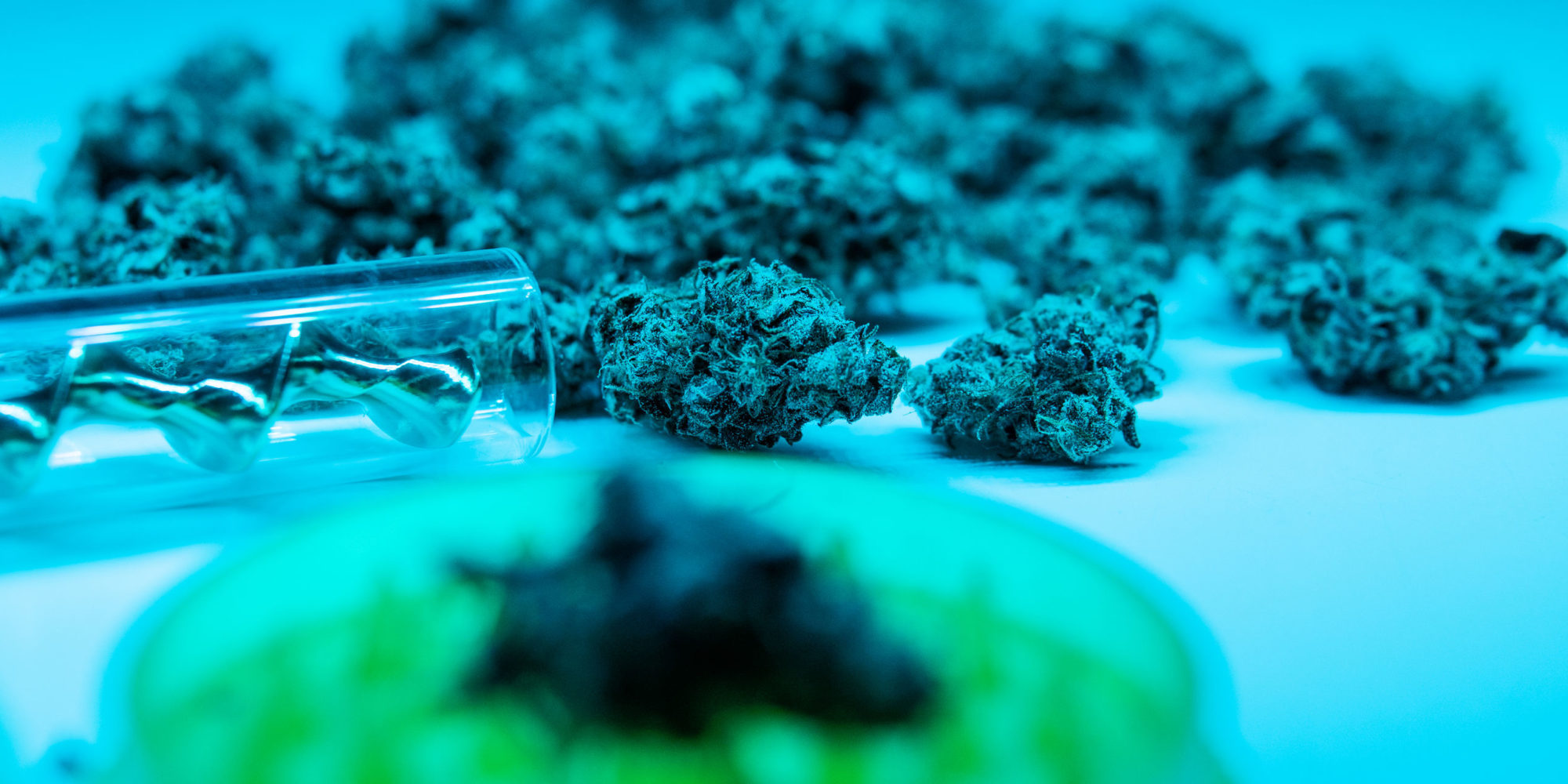11.21.2025
Sausage casings bulletin, November 21, 2025

...

The Jacobsen will now be reporting on Full-Spectrum CBD Distillate and Broad-Spectrum THC Distillate. These products have gained traction in the wholesale marketplace over the last year. The Jacobsen delayed reporting on distillates to gain clarity on specifications for these two product categories. Surplus crude inventories are being refined into more marketable broad-spectrum distillates for product manufacturers to incorporate into retail products.
“T-free” is a term loosely used to describe a product with non-detectable (NDT) THC. This is one example where specifications have been lacking, creating a challenge for the industry as a whole, and in turn, for price reporting. Some premium products on the wholesale market are essentially THC free, rather than containing lower – or compliant – levels of THC, that below a certain threshold, are characterized as NDT by some labs. The challenge here is that NDT at one laboratory may not be NDT at another. Furthermore, some laboratories may return NDT on a sample only to show detectable levels on the same lot, when a client submits a control sample.
Laboratory analysis will be an ongoing challenge in this industry. The Jacobsen has commented routinely on the diverse playing field of labs serving the hemp industry. Some are more sophisticated than others, with more controls, tighter SOP’s, better equipment, and facilities. But even the best of labs will return varying results when customers submit non-homogenized samples, as is common with flower or biomass. Send three flowers from the same plant to a lab, and you will get three results. This is likely representative of the cannabinoid profile of the plant, which varies from location to location, and significantly varies from the top of the plant to the bottom. Sending control samples of non-homogenized material is not an effective way to evaluate your lab’s accuracy.
This kind of discrepancy in specifications gives a price reporting agency some pause. The popularity of Broad-Spectrum Distillate leans on the fact it is THC free, yet contains a full range of cannabinoids and terpenes. If it contains enough THC to cause a positive result with a drug screen, it creates an industry-wide problem.
The processes used in extraction operations are technically challenging, with GMP certifications ensuring the highest level of quality control and safety in product manufacturing. Many facilities lack certification but operate under GMP’s with self-audits. Same with ISO certification for labs. The industry is very new, markets were developing rapidly before the current pandemic, and still are evolving. As markets continue to develop, self-auditing will no longer be a good strategy industry wide, but until the FDA develops regulations, markets will continue on haphazardly. It only takes a few bad actors, perhaps one, to disrupt markets.
Markets recognize strict adherence to GMP’s, as reflected in pricing, with much of this occurring in established business relationships. As bigger players or international buyers enter the market, they will require more than a “promise” to use the best practices, they will require a third-party certification with regular audits. This of course applies to the analytical segment too, who will essentially be setting pricing levels for cannabinoid products and assuring safety.
Readers can rest assured that future commentary in the Hemp Bulletin will routinely focus on issues related to analytical testing and sampling protocols. It is a fundamental process that this industry relies on, but hemp producers or official collectors in particular will need further training to ensure adequate sampling technique. The Final Rule from the USDA may very well address this in an insightful way, creating a pragmatic framework for the development of an industry. More research is needed, to inform the agencies rulemaking, and to standardize best practices for sampling and analytical testing. The DEA registration stipulation in the IFR did nothing to cement practical, effective testing. Interagency dynamics are responsible for this stipulation, confirmed by Secretary of Agriculture Sonny Purdue in a recent session